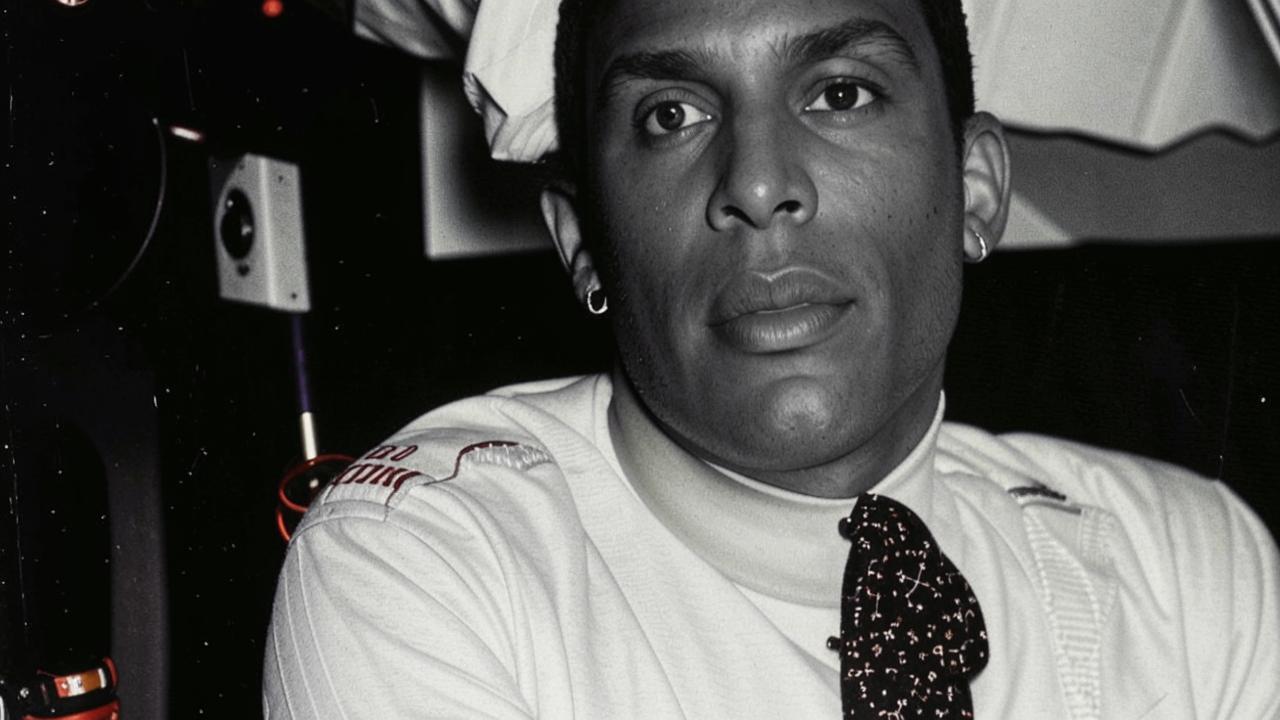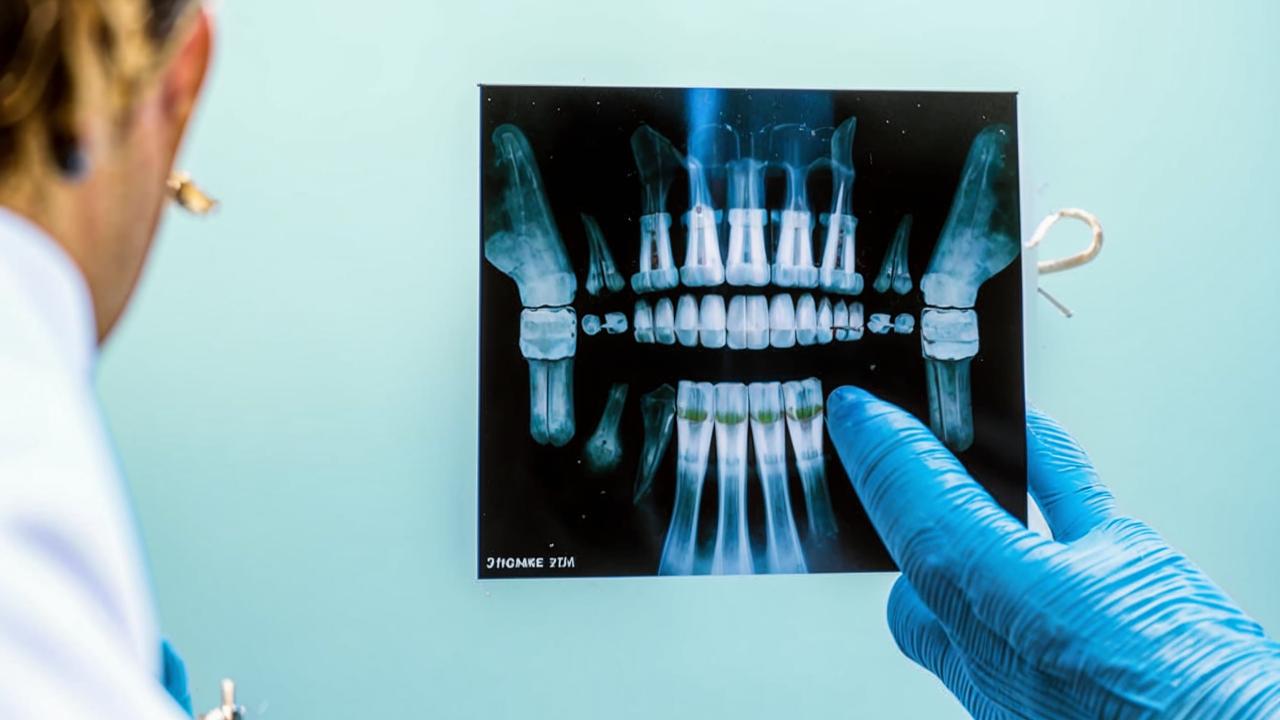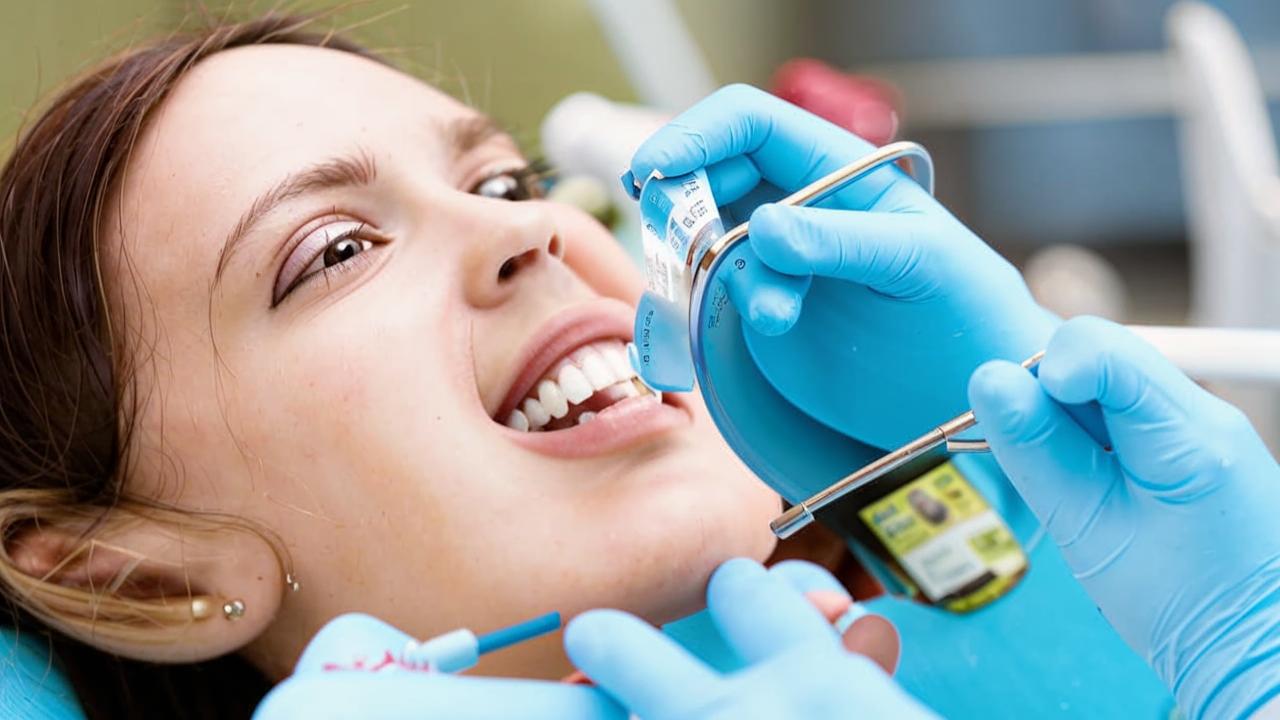
dentist, director of Revyline Dental Company
“In my practice, issues related to tooth swallowing have been quite rare. But it is still a concern for parents of children ages 6-7, and sometimes for adults as well.”
Tooth anatomy
Enamel is the hardest tissue in our body. It can range from 250-390 units to 800 units. Vickers (a static method of measuring the hardness of metals and alloys). The surface layers have the greatest strength. Their thickness varies from crown to crown and can range from 1.5 to 1.7 mm.
The chemical composition of the tooth includes 95% inorganic substances, 1.2% organic substances and 3.8% water. Inorganic substances include: hydroxyapatite, carbonapatite, carbonapatite, chlorapatite, fluorapatite, calcium carbonate, magnesium carbonate, calcium and phosphorus. There are about 40 trace elements in the outer layer of enamel. Among them are fluoride, lead, iron, zinc, sodium, carbonate, copper, aluminum and potassium.
Organic matter includes proteins, lipids and carbohydrates. There are minimal amounts of citrates (salts of citric acid) and polysaccharides.
Thus, the composition of the tooth is not toxic, so it is impossible to be poisoned by it if swallowed.

Is it dangerous to swallow a tooth?
Based on medical data and clinical experience, in the vast majority of cases, swallowing a tooth does not lead to serious consequences for human health. The digestive system is able to safely process and excrete small solid objects, including teeth.
There is also no danger in swallowing the filling material. It easily passes through the gastrointestinal tract unchanged. A shard of the filling is small to cause any serious damage.
What are the risks of swallowing a tooth?
However, it is important to know the potential risks and understand when to seek medical attention. Approximately 93% of swallowed foreign bodies successfully pass through the gastrointestinal tract. However, there is a small percentage of cases where the object can enter the respiratory tract. This constitutes a medical emergency.
Specialist help is needed if the following symptoms are observed:
- difficulty swallowing;
- neck or chest pain;
- repeated vomiting;
- abdominal pain;
- fever or the presence of blood in vomit or stools;
- increased salivation;
- coughing or wheezing;
- fever.
A chipped tooth that occurs during trauma can also be dangerous. For example, from the impact of a fall or in contact sports. In this case, damage to the walls of the stomach or intestines can occur when swallowing. It is worth noting that such cases are considered rare. By the way, the same applies to swallowing a crown or pin from a dental prosthesis.
In this case, it is necessary to control the passage of a foreign body through the intestine with the help of an X-ray machine. It is extremely rare that there is a need for surgical intervention.
The main risk of ingestion falls on the period of change of milk teeth in children. They fall out painlessly and often not noticeable at all.
This mainly happens during meals, because the chewing force separates the loosened tooth from the gum. Together with food, it passes into the esophagus without causing discomfort. The roots are resorbed before falling out, so their edges are smoothed. It is impossible to damage the mucous membranes.
How do you reduce the chances of swallowing a tooth?
There is a chance that everything will go without complications if parents explain the complete process of tooth replacement to their children. It is also necessary to ask the child to immediately report that they have started to wobble, so that they can be removed in time.
It is worth reminding them to be careful before eating. For example, you should not eat on the side where the problem tooth is located.

What can not be done when swallowing a tooth?
First of all, there is no need to panic. If swallowing still happened, in no case should you induce vomiting or take laxatives. Such actions can provoke inhalation of a foreign object in the lungs. In most cases, it is enough to wait until the tooth is naturally eliminated from the body in the process of digestion.
It is worth noting: although swallowing a tooth rarely leads to serious consequences, it is important to approach this situation with all responsibility and care. Especially when it comes to the health of children.





